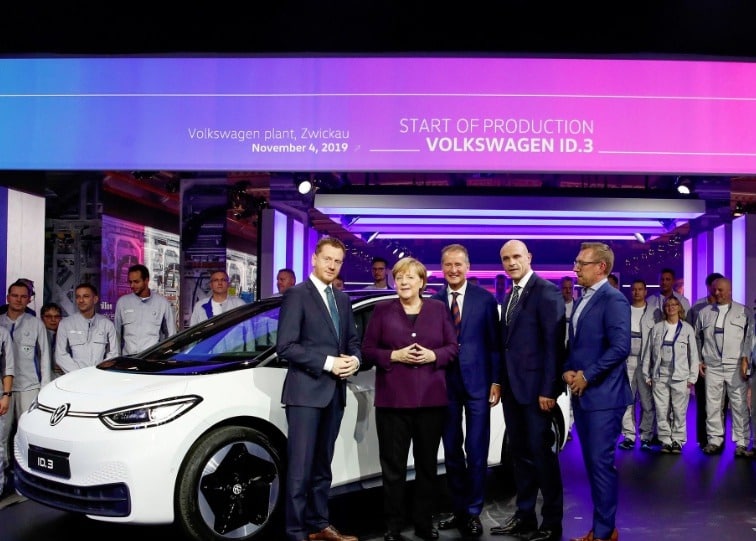As noted science fiction author William Gibson is quoted as saying “The future is already here – it’s just not very evenly distributed.” This is perhaps a saying that we should keep front of mind when considering how the uptake of electric vehicles around the globe may become increasingly variable.
China has obviously led the way in terms of total sales to date, but changes in their government subsidies for electric vehicles this year saw a drop of 34% in September compared to a year previously.
There’s no doubt that when you factor in the ‘local’ impact of subsidies, the varying price of lithium, copper, nickel and other battery metals, the global automotive industry, trade wars and even the cost of energy, that move towards a world in which the majority of new vehicles sold are electric vehicles will be both difficult to predict, and unevenly distributed.
Taking a look at Europe, a couple of new stories have come out which show that the move to electric vehicles is beginning to pick up pace.
Electric vehicle sales in the UK picking up

SMMT (Society of Motor Manufacturers and Traders), a trade body representing more than 800 automotive companies in the UK, published its monthly registration figures for new vehicles in the UK. A couple of figures stood out for us in this October update. For the first time, 10% of newly registered vehicles were either battery powered or used a hybrid engine. Whilst the sales of battery powered vehicles (3,126) is currently dwarfed by petrol vehicle sales (89,731), it’s the changing trends that you should be paying attention to.
Comparing October 2019 to October 2018, diesel sales are down 28% and petrol sales are down 3.2%, whilst battery powered electric vehicle sales are up 151.8%.
Volkswagen starts production of ID.3

November 4th saw Volkswagen officially start production of their much-discussed ID.3 electric vehicle. We’ve seen a lot of news around VW’s move to electric vehicles, a move perhaps forced to some extent by the emissions scandal which had tainted the reputation of the German automobile giant. VW’s Zwickau factory is currently planned to be the largest electric vehicle factory in Europe, producing 100,000 vehicles in 2020, rising to 330,000 from 2021. The ID.3 is due to launch across Europe next year.
It’s all very well having the production capacity, but will customers be willing to pay the 30,000 Euros for the base model of the ID.3? German Chancellor Angela Merkel who was at the Volkswagen launch, also announced incentives of up to 6000 Euros per vehicle, with the cost of the incentive split between government and the auto industry itself. With support from BMW, Daimler and Volkswagen, it is thought up to 700,000 vehicles could be purchased under the scheme, which is due to run until the end of 2025. The German government has announced that it wants 10 million electric vehicles cruising along the autobahns by 2030.
In the US, President Trump has, unsurprisingly, been less keen on federal tax credits for electric vehicles, with credits being set on a state-by-state basis. Will this always be the case? Unlikely, but there are no immediate signs of this changing, and until it does, estimating how sales of electric vehicles will pick up will rely on keeping track of this local inititiatives.













